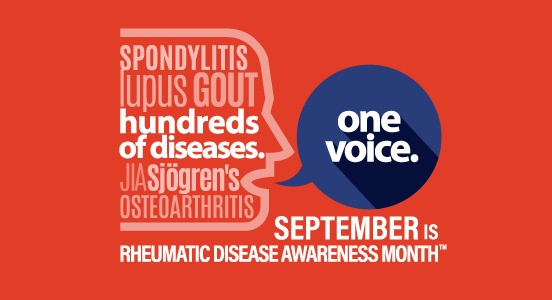Tag: disease
-

CDC STUDY: Steep and Sustained Increases in STDs in Recent Years
Nearly 2.3 million cases of chlamydia, gonorrhea, and syphilis were diagnosed in the United States in 2017, according to preliminary data released today by the Centers for Disease Control and Prevention at the National STD Prevention Conference in Washington, D.C. This surpassed the previous record set in 2016 by more than 200,000 cases and marked…
-

Gov. Ivey Proclaims September Rheumatic Disease Awareness Month
If you suffer from the pain of arthritis, lupus or fibromyalgia, then you understand the scope of a rheumatic disease. Rheumatic diseases are the leading cause of disability in the United States and affect one-in-four Americans. By the year 2040, it’s estimated that more than 78 million American will be diagnosed with one of the…
-

Be Heart Healthy in February!
According to the Centers for Disease Control and Prevention (CDC), one out of every four female deaths in 2013 was due to cardiovascular disease, yet only 54 percent of women recognize that heart disease is the leading cause of death among them. “Having uncontrolled blood pressure, which has no symptoms, can result in cardiovascular disease,…